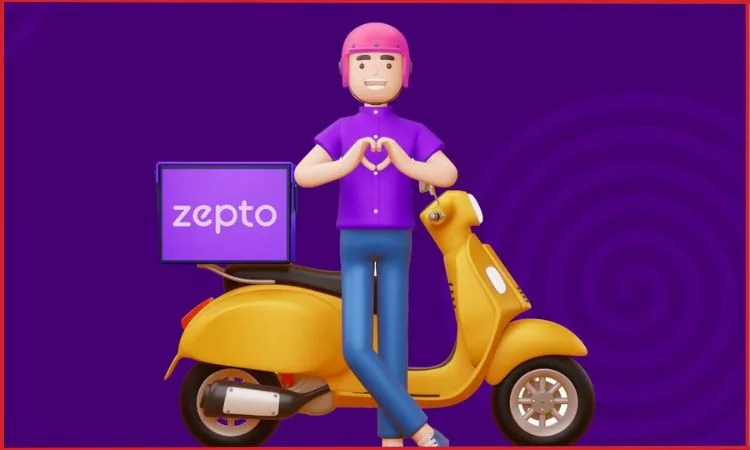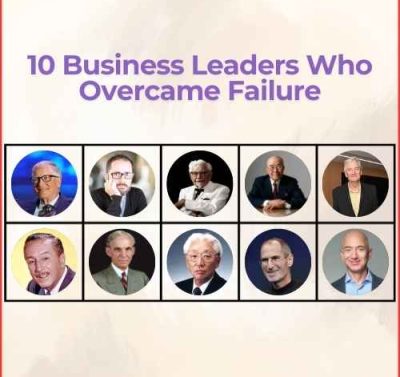Zepto, the quick commerce unicorn, has successfully completed its reverse flip from Singapore to India, a strategic move aimed at simplifying its corporate structure and aligning its operations with Indian regulatory frameworks. This transition comes ahead of the company’s anticipated initial public offering (IPO) and marks a significant milestone in its growth journey.

PC: The Hard Copy
Key Details of the Reverse Flip
- Approval Process: The reverse flip was made possible by the National Company Law Tribunal that granted approval for the mergers to take place on 9th Jan, 2025. Before that, Zepto had gathered the necessary approvals from the Singaporean authorities before going back to India.
- New Corporate Structure: After completing the reverse flip, Kiranakart Technologies Private Limited will now act as the holding company of Zepto. Earlier, the Indian entity was operating as a subsidiary of Kiranakart Pte. Ltd., which was located in Singapore. This restructuring would make the whole process more efficient and the decision-making process easier.
- Strategic Intent: The return to India is also a testament to Zepto’s intentions to strengthen its position in the competitive quick commerce market. This will help Zepto align its operations with local regulations, which can help it prepare for future rounds of fundraising from both domestic and international investors.
- Funding: Zepto has raised more than ₹2,900 crore from domestic investors in preparation for its IPO, including notable firms such as Motilal Oswal. The company is planning to file for its IPO by March or April 2025 and raise around $400-500 million.
- Operational Efficiency: Reverse flip is supposed to eliminate administrative complexities associated with maintaining a foreign subsidiary. In addition to operational cost cuts, it will make the firm more financially healthy by operating simplifications of record-keeping and management functions.
Market Context
Zepto’s decision to move its domicile is at a time when the quick commerce sector is experiencing rapid growth due to increasing consumer demand for fast delivery services. The company has raised a total of $1.35 billion in funding over the past year, positioning itself to compete with larger players like Zomato and Swiggy, which also operate in the quick commerce space.
In conclusion, this is the completion to Zepto’s reverse flip from Singapore to India; however, this marks an important juncture for a company which will be able to pivot with a more defined corporate framework and focus on its locality in order to leverage the emerging quick commerce market of India. In light of its pending IPO and subsequent innovation efforts, the company would look to solidify its position at the top of the business.















